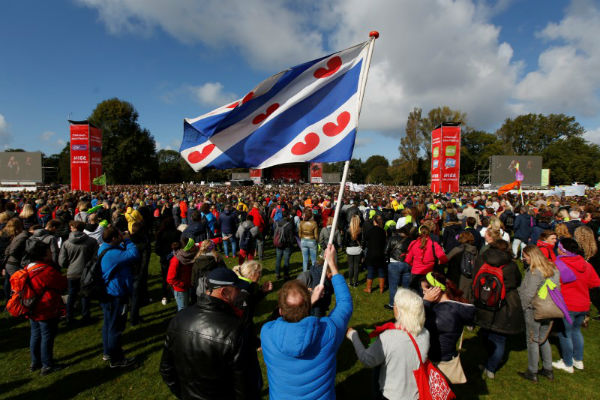Estimated 90 per cent of schools closed down

AMSTERDAM (Reuters) — Elementary schools stayed closed across the Netherlands on Tuesday, as thousands of teachers went on strike for the second time in two months to demand higher pay and better working conditions.
The previous one-day strike was in October, when eleventh-hour funding promises by the government failed to avert the largest work stoppage by Dutch primary school teachers since the 1980s.
Prime Minister Mark Rutte offered them 700 million euros (US$825 million) in extra funds over the next four years, but they say they need double that to cover salary increases and pay for classroom assistants.
Participation in Tuesday's stoppage among the Netherlands' 100,000 primary teachers appeared to be high, with unions estimating around 90 per cent of schools remained shut.
The strike reflects growing frustration across the Dutch workforce, with employees in many sectors feeling left behind by strong economic growth that has not been matched by wage increases.
Primary school teachers have demanded a one-time 1.4 billion euro cash injection to bring their salaries up to the level of their counterparts in secondary schools, who on average earn 20 per cent more.
For many teachers the confrontation with the state is also about a serious labour shortage that has increased their workload.
The Netherlands will have a shortfall of 11,000 primary school teachers by 2027, estimates by the Ministry of Education showed last month, while a pay gap with other professions is expected to grow.
"A lack of assistants means classrooms are too full, while children are sent home when their teacher is sick," spokesman Thijs den Otter of teachers union AOB said. "Those problems need to be dealt with now."
The teachers say they will strike again next year if their demands are not met.
However, support for their actions among pupils' parents appears to be slipping. It fell to 62 per cent from 85 per cent in October, a poll by current affairs programme EenVandaag showed.




